(Source: https://visiolectio.com/wp-content/uploads/2023/02/thechurchyear-c.png)
This Sunday is the start of the Christian Calendar.[1]
So I thought I’d ask: What does the Christian Calendar mean to you? Does it feel like an empty ritual from a bygone era? Do you question the use of archaic words like Lent and Epiphany? Does it seem like the Protestant church has failed to cleanse itself fully from legalism?
I’ve asked you these questions, but really, I’ve merely reflected my own past concerns – concerns that I once had when I was a young Christian. Since then, my views on the Christian calendar have changed and I’ve come to see the wisdom in it.[2] For this reason, I hope to explicate the wisdom of the Church Calendar in this and next week’s pastoral perspectives. This will be expressed with four Cs: Christian Formation, Coverage of the Gospel, Communal Formation, and Christian Witness. This week we consider the first two.[3]
1. Christian Formation
Our calendars form us. They make us into certain types of people. When I worked as a banker, my year was framed in a certain way. A time for revenue generation. A time for bonus announcement. A time for bonus distribution. A time for a nice hard-earned vacation. Make money, earn money, enjoy the money that you make. Subconsciously, I begin to think of myself more and more as a revenue generator. After all, that was how we were labelled – revenue generators. This banking calendar formed my sense of identity – it shaped my desires. The love of money, the Singaporean’s first love, tugged on my heartstrings.
I’m telling you this because our calendars have the power to form us. It shapes our rhythms and our habits. It forms us according to a particular story. It forms us into participants of that particular story. The question is: what story? Or more pertinent: whose story? His or ours?
The Christian Calendar is designed to help us frame our time (and hence our lives) around His Story. The Story of God’s redemptive plan in Christ. It teaches us that following Christ means that there’s a time to feast (Christmas and Easter) and a time to fast (Lent). It shows us that while there are times of climactic significance (Easter Sunday and Pentecost) but most of life is lived in moments of ordinary growth (Ordinary Time). It reminds us that the most important events of our lives aren’t our birthdays or our wedding days but His Birthday (Christmas) and his Wedding Day (Christ the King Sunday).
As Pastor Kien Seng notes in his pastoral perspective dated 27 November 2022, ‘Observing the church seasons is one way we can inhabit the redemptive Story of God. As we recall afresh the significance of each season, we allow the Spirit to draw us into the story, shape our discipleship, and affect the way we live sanctified lives before God, for our good, and ultimately for His pleasure and glory.’
2. Coverage of the Gospel
The Church Calendar also helps us to be faithful to the whole counsel of God (Acts 20:27). It provides a thorough coverage of the gospel, highlighting the key events in the life of Christ, his continuing ministry in the Church through the Spirit and his coming again to establish the kingdom.
In evangelical thinking and preaching, the tendency is to emphasise the Cross of Christ – and rightly so. If ‘Worthy is the Lamb who was slain’ is a repeated chorus in heaven (Rev 5:6-14), then we the church on earth should be singing the same tune as well.
But the fact is, the gospel isn’t merely about the passion narrative. What is covered in the fourfold gospel is more than the passion narrative. For example, Mark begins by saying, ‘The beginning of the gospel of Jesus Christ, the Son of God’ (Mk 1:1) and then he expands on this gospel by talking about John the Baptist and the baptism of Christ.[4] Mark doesn’t begin with the plot to arrest and kill Jesus (Mk 14:1)!
The Church Calendar marks out key events in Jesus’s life that may not feature much in our consciousness. For example, events such as the Transfiguration (Mk 9:2-10; Mt 17:1-9; Lk 9:28-36; 2 Pet 1:16–18) and the Ascension (Lk 24:50-53; Acts 1:9-11; Rms 8:34; Eph 1:20–21, 4:8–11; Heb 6:20) are thoroughly emphasised in Scripture but their profound significance isn’t usually even considered by the average Christian – so sad!
In sum, the Church Calendar disciplines us not to focus merely on a particular aspect of Christ life or a particular doctrine of salvation. Rather, it guides us to consider the whole counsel of God (Acts 20:27). If the ‘whole Christian needs the whole Bible’,[5] then the Christian Calendar serves as an aid to consider the whole Bible.[6]
To be continued…
Having considered the Christian Calendar’s impact on our personal growth, next week we consider its social significance in communal formation and Christian witness.
[1] Advent begins on the fourth Sunday before Christmas and marks the start of the liturgical year.
[2] The word wisdom is used here intentionally – not the obligation nor the danger of the Christian calendar – but wisdom.
[3] I will be expanding on some of these themes at YAM on 7 Dec 2024, Saturday, 4pm at level 4. Anyone is welcome to join. In any case, if there are no technical complications, I hope to embed the recording of that talk on this page.
[4] These are covered in the season of Epiphany.
[5] I think this comes from John Stott.
[6] Some may wonder why we can’t just rely on a bible reading plan or a lectio continua (going through books of the bible verse by verse) method of teaching and preaching. In our church, we do both precisely because we believe in the centrality of the Bible for the health of the church. But our reliance on Scripture isn’t expressed merely through learning – it is also internalised through participation in worship.


